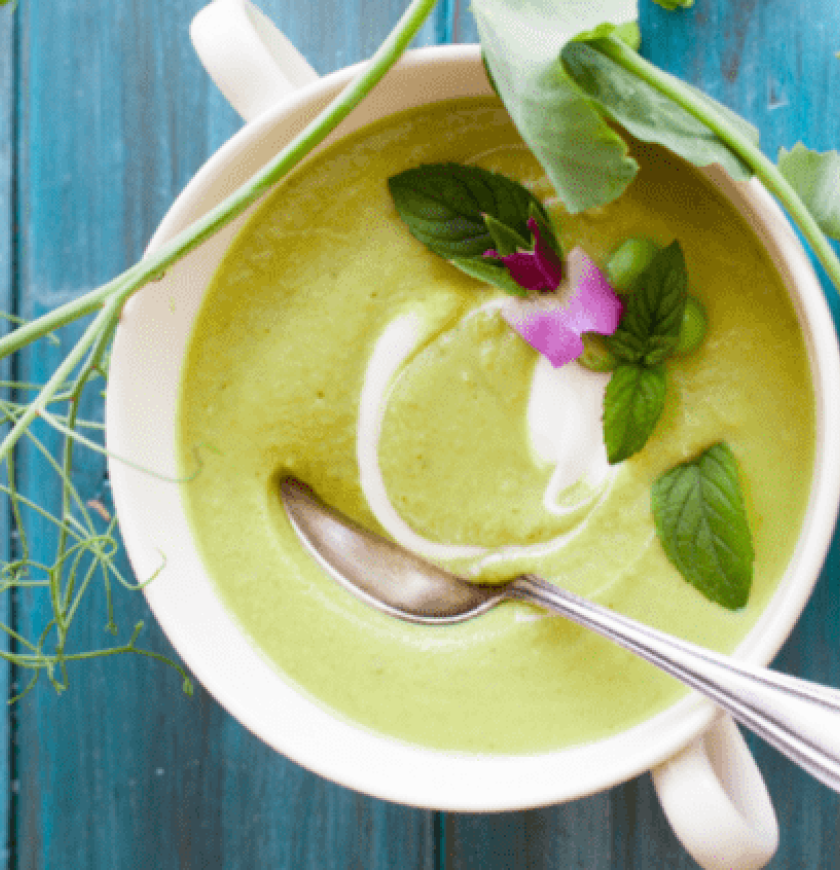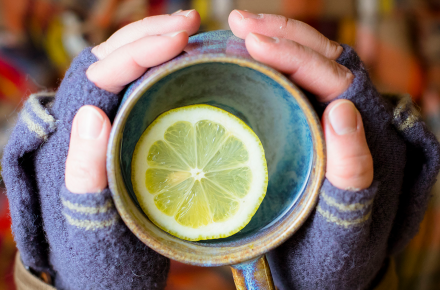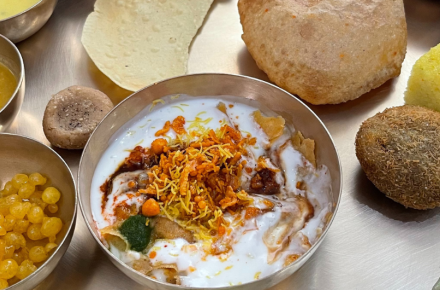The Mediterranean Diet


Wondering if the Mediterranean diet is for you? What seems to work well about this way of eating is that people actually enjoy it, and so tend to stick with it. And that’s a good thing, according to recent research.
A new study, published in the Annals of Internal Medicine, of 10,000 women in their 50s following the Mediterranean diet pattern, showed that they were about 40% more likely not to develop chronic disease. Earlier this year, a study in the New England Journal of Medicine found that the Mediterranean diet provided primary prevention (meaning it stopped disease that was otherwise going to happen) for more than 7,000 people with significant risk for cardiovascular disease.
In my ramblings as a nutritionist, I’ve formed the opinion that that many Americans think that following the Mediterranean diet means eating more pasta—slathered with olive oil. But it’s actually dramatically different from the way most Americans eat. Here are the key differences:
It’s plant-based. The Center for Disease Control recommends that we eat somewhere between nine and 13 servings of fruits and vegetables per day. (Think of a serving of vegetables as tennis-ball sized; raw salad greens equal two tennis balls.) The average American only eats a small percentage of that recommendation.
Butter, cheese, and other dairy are occasional treats. The Mediterranean diet makes the switch from butter to olive oil as the primary fat, and nuts, avocados and other plant fats are also staples. There’s a dramatic shift away from animal fats, compared to what most Americans eat. We know now that the percentage of calories from fat in one’s diet does not correlate with chronic disease—low fat does not mean healthy. But the type of fats we eat is critical. The Mediterranean diet uses healthful, monounsaturated fats high in omega 3s.
Red meat and sweets are even more occasional treats. To follow the Mediterranean pattern, leave the protein bars, soda, refined snacks, and frozen dinners on the shelf, and replace them with fish, seafood, and plant-based proteins (beans, nuts, vegetables).
Resources
Oldways Preservation Trust’s Mediterranean diet website includes a helpful overview and graphic, cooking and shopping tips, and 40 pages of free recipes developed by professional chefs.
Chef and author Martha Rose Shulman wrote several great cookbooks on the Mediterranean diet long before recent studies put her topic in the spotlight. Mediterranean Harvest is my favorite.
© Kripalu Center for Yoga & Health. All rights reserved. To request permission to reprint, please e-mail editor@kripalu.org.
Articles, programs, promotions, recipes, and more, delivered right to your inbox.
You May Also Like
Related Programs

Yoga for Anxiety


Ignite Your Practice


Stretch with Intelligence


Restorative Yoga and Sound Healing


Soul Journey Workshop


The Kripalu Silent Retreat

Get Our Catalog
Get a sneak peek of everything happening at Kripalu in the coming season. Sign up to get our print catalog delivered to your doorstep.
Newcomer's Guide
New to Kripalu? Explore who we are, what we offer, and begin your transformation today.







































